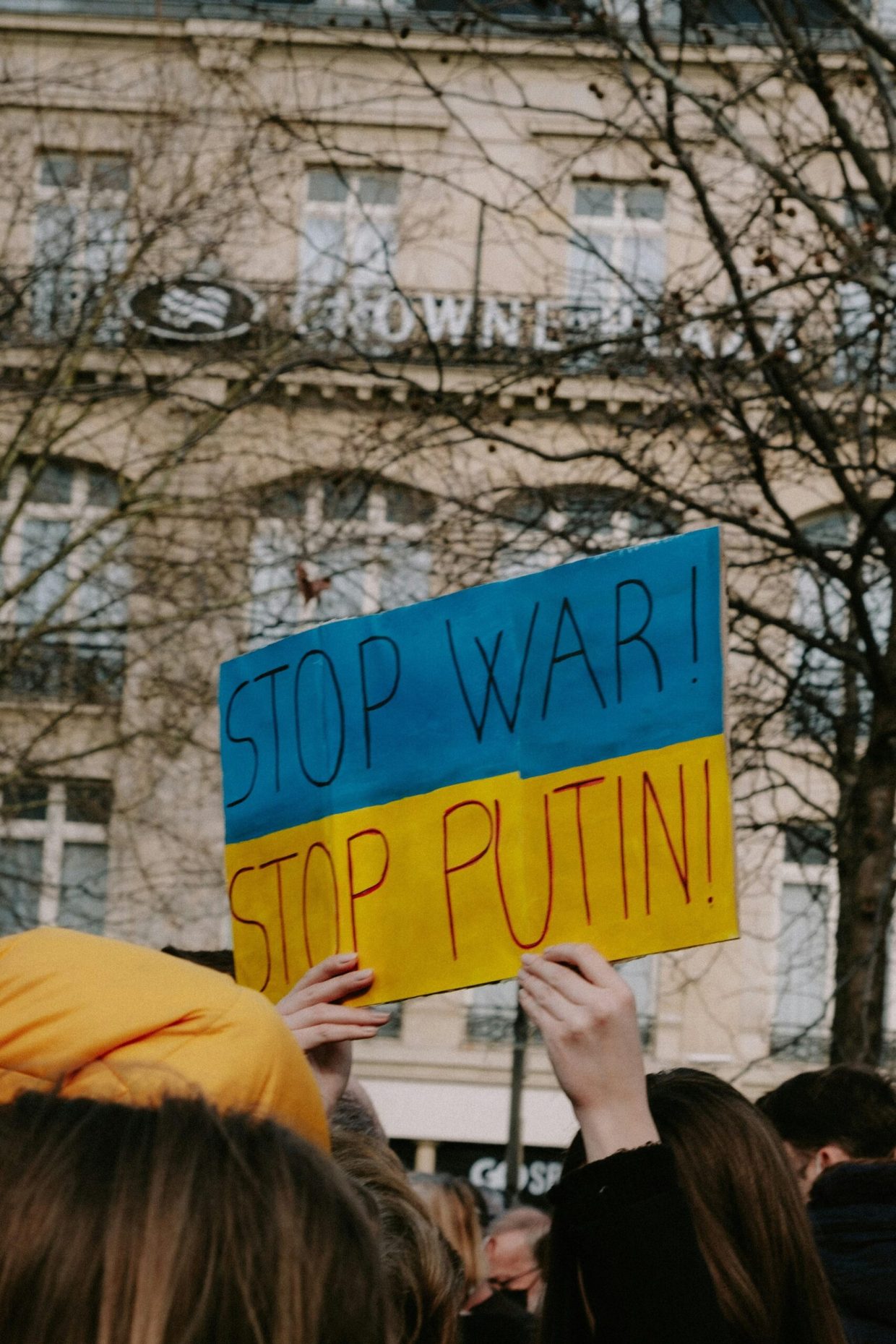War has long been a powerful force in shaping the course of history, influencing not just the fate of nations but also the intricate dynamics of political power. Whether through shifts in leadership, the redefinition of alliances, or the emergence of new governing structures, conflict has consistently played a pivotal role in determining who holds influence and authority. In this article, we’ll explore the strategic ways in which war impacts political power—shedding light on the mechanisms behind these transformations and offering a deeper understanding of the complex relationship between conflict and governance. Join us as we delve into this fascinating intersection of strategy, politics, and history.
Table of Contents
- The Role of Military Success in Establishing Political Legitimacy
- Analyzing Strategic Alliances Formed During Conflict
- The Impact of War on Governance and Policy Making
- Recommendations for Balancing Military Strategy with Diplomatic Efforts
- In Retrospect
The Role of Military Success in Establishing Political Legitimacy
Military triumph often serves as a powerful catalyst for political legitimacy, bolstering a leader’s authority both domestically and internationally. Victories on the battlefield can create a narrative of strength, competence, and divine favor, which leaders capitalize on to unify fractured societies or extend their influence. Beyond mere conquest, these successes reinforce public confidence in a government’s ability to protect its citizens and maintain order, often leading to increased popular support and political stability. The symbolism of military achievement resonates deeply in the collective consciousness, making it a potent tool for leaders seeking to solidify their rule.
The strategic integration of military success into political legitimacy can be observed through several key mechanisms:
- Myth-making and propaganda: Victories are framed to elevate the leader as a national hero and protector.
- Institutional consolidation: Military success can justify the expansion of executive power and the strengthening of institutions loyal to the regime.
- International recognition: Demonstrated military prowess often commands respect or fear from other states, enhancing diplomatic leverage.
Harnessing these factors effectively allows regimes to convert battlefield achievements into lasting political capital.
Analyzing Strategic Alliances Formed During Conflict
Throughout history, the formation of alliances during periods of conflict reflects more than just military strategy; it unveils the intricate dance of political ambition and survival. Nations and factions often forge partnerships driven by a mix of necessity, shared interests, and opportunism. These alliances can shift the balance of power dramatically, as they provide access to critical resources, intelligence, and manpower that would otherwise be unattainable. What makes these coalitions particularly fascinating is their fluidity—alliances formed in the heat of battle may dissolve just as quickly, revealing their transient nature in the grand chessboard of war.
Several key factors influence the success and longevity of these wartime alliances:
- Mutual Benefit: The cornerstone of any alliance, ensuring all parties retain enough incentive to maintain their commitment.
- Leadership Dynamics: Trust and communication between political and military leaders play a pivotal role in cohesion.
- External Pressures: International opinion, economic sanctions, or the emergence of new threats can redefine alliances swiftly.
Understanding the delicate balance that sustains these alliances offers deep insight into how political power is wielded and reshaped during times of war.
The Impact of War on Governance and Policy Making
War fundamentally alters the very framework within which political decisions are made, accelerating shifts in governance that might otherwise take decades. During times of conflict, governments often centralize authority, streamlining decision-making processes to respond swiftly to the evolving challenges on the battlefield. This concentration of power can lead to the emergence of strong leadership styles, sometimes at the cost of traditional democratic deliberation. The urgency of wartime necessitates expedited policymaking, compelling officials to prioritize security and survival over broader societal concerns. Consequently, policies enacted during war frequently emphasize national unity, resource allocation, and emergency powers, reflecting an intensified focus on cohesion and control.
Moreover, the aftermath of war frequently triggers profound transformations in domestic and foreign policies. Governments reassess strategic priorities, resulting in long-term reforms that shape political landscapes for generations. Some common ramifications include:
- Expansion of governmental roles in economic planning and social welfare to stabilize post-war societies.
- Redefinition of civil liberties balancing security needs with personal freedoms.
- Shifts in international alliances and diplomatic strategies to prevent future conflicts.
- Institutional changes designed to improve military readiness and intelligence capabilities.
Ultimately, war acts as both a catalyst and crucible, reshaping political power dynamics and policy directions in ways that echo long after the final ceasefire.
Recommendations for Balancing Military Strategy with Diplomatic Efforts
Achieving a harmonious balance between military strategy and diplomatic efforts requires a nuanced approach that values both strength and dialogue. While military power can serve as a compelling deterrent, diplomacy remains essential to fostering long-term stability and building alliances. Key to this balance is the recognition that military action should be a tool of last resort, supported by proactive diplomatic engagement designed to address the root causes of conflicts before they escalate.
Effective integration of these domains often involves:
- Continuous communication channels between policymakers and military leaders to align objectives.
- Investing in diplomatic training for military personnel to enhance cultural understanding and negotiation skills.
- Encouraging multilateral cooperation to legitimize military actions through international consensus.
- Utilizing intelligence and strategic analysis not only for warfare but also to inform diplomatic initiatives.
By embracing such strategies, nations can project power confidently while preserving the essential human element of diplomacy, ultimately shaping political power through both force and finesse.
In Retrospect
In conclusion, the intricate relationship between war and political power reveals much about how leaders strategize, consolidate authority, and influence the course of history. Understanding this dynamic not only sheds light on past conflicts but also helps us navigate the complexities of today’s geopolitical landscape. By reflecting on these patterns, we gain valuable insights into the forces that shape our world—and perhaps, how to foster peace and stability in the future. Thanks for reading, and stay curious!













